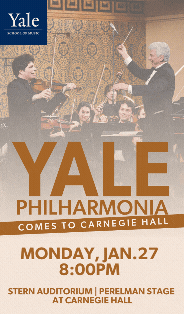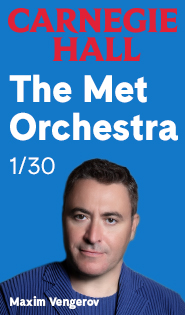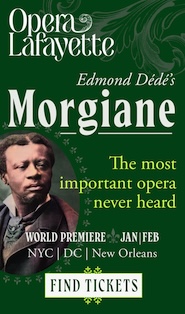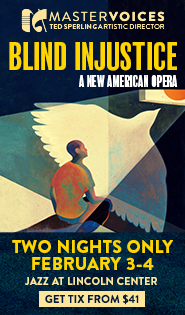Salon/Sanctuary’s Rossi program gains with Profeti ensemble
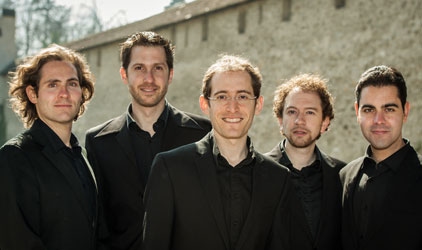
The Israeli ensemble Profeti della quinta, performed music of Salomone Rossi Sunday at Salon/Sanctuary.
If you’ve never heard the music of Salomone Rossi, you’re not alone.
Rossi (ca. 1570-1630), an Italian-Jewish violinist and composer, was active between 1587 and 1628, achieving considerable renown in that time as court composer to the Gonzaga dukes of Mantua. A composer of both secular Italian and Hebrew liturgical music, he was possibly the first person ever to publish Jewish music using European musical notation.
Yet after his death in or around 1630, his work was largely forgotten and even a brief re-discovery in the nineteenth century did not give him the sort of lasting fame enjoyed by his contemporary Claudio Monteverdi. Sunday’s program at the Museum of Jewish Heritage, “From Ghetto to Palazzo: The Worlds of Salomone Rossi,” was Salon/Sanctuary Concerts’ fourth annual tribute to the composer, an exploration of his life and an attempt to introduce his music to an unfamiliar modern audience.
The first impression, unfortunately, was not a good one, with a rough performance by musicians of the early music ensemble “Folia.” Daniel Swenberg on the Theorbo and Dongsok Shin on the harpsichord did commendable work, but the two violinists, Leah Nelson and Dongmyung Ahn, never sounded comfortable. Aside from some muddy passagework, their tone lacked the focused purity that is supposed to be the tradeoff when the warmth of sustained vibrato is sacrificed.
What’s more, their playing as a group was limp, joyless, without intention, and their phrasing was difficult to follow. To the vast majority of listeners, Salomone Rossi is another name from the grab-bag of lesser-known proto-Baroque composers, and there was little sense in this performance of why Folia felt his work was particularly important.
A deeper and more rewarding exploration was found in the following segments, beginning with a lecture by Francesco Spagnolo, a scholar of Jewish culture and lecturer at UC Berkeley’s music department. Spagnolo walked the audience through the facts of Rossi’s life and the many mysteries that remain, discussing what role he and his music might have played in a religiously-segregated Mantua.
Together with a screening of Joseph Rochlitz’s 2012 documentary Hebreo: The Search for Salomone Rossi, Spagnolo’s lecture presented the story of a man who, though largely forgotten to posterity, was widely admired in his time, and whose considerable social challenges helped him become an important figure in the history of Jewish classical music.
The film, which followed the remarkable all-male Israeli performance group Profeti della Quinta on a visit to Mantua, discussed Rossi’s place in what was a tense relationship between the Jewish and Christian worlds of Renaissance Italy. On the one hand, he was rewarded for his contributions to Italian music with a special dispensation to walk freely throughout Mantua without the yellow badge required for Jews of the time. On the other hand, his eventual confinement to the ghetto that was created in Mantua in 1610 led directly to his deep and rewarding exploration of Jewish liturgy.
Making their U.S. debut, Profeti della Quinta were as captivating in person as they had been on screen. The printed programs included text-and-translation, but it was hardly needed. They conveyed the meaning of the poetry with their diction, intention, and phrasing, commanding constant attention with their passionate and emotional music-making. Their program, highlighting selections from their new CD “Il Mantovano Hebreo,” included music from both of Rossi’s worlds, the secular and the sacred.
The five singers of Profeti are all formidable, but the group boasts a countertenor of rare technique and artistry in Doron Schleifer. There is nothing gawky or unnatural in his sound—his voice rings clear and flows freely. When he needed to turn up the emotional intensity, he did so without the slightest vocal blemish. One of the high points of the afternoon was his poignant and plaintive solo, “Cor mio, deh, non languire,” delivered with supple phrasing.
As an ensemble, they sang with excellent intonation and moved as a unit, musically. Their bright sound breathed life into Rossi’s music, and they were accompanied admirably on the theorbo by Ori Harmelin, also a regular member of the group. Harmelin displayed both grace and virtuosity in a somber Passacaglia by Alessandro Piccinini (1566-ca. 1638). Two original works by the group’s musical director, Elam Rotem, were welcome additions to the program, fitting in stylistically with Rossi’s works, but also communicating a beaming joy of their own.
At three and a half hours, it was a long day, but the point struck home–Rossi deserves another look.
Salon/Sanctuary Concerts’ next presentation will be “Perpetual Motion: Galileo and His Daughters” on February 7th at the Fabbri Mansion, House of the Redeemer. salonsanctuary.org/
